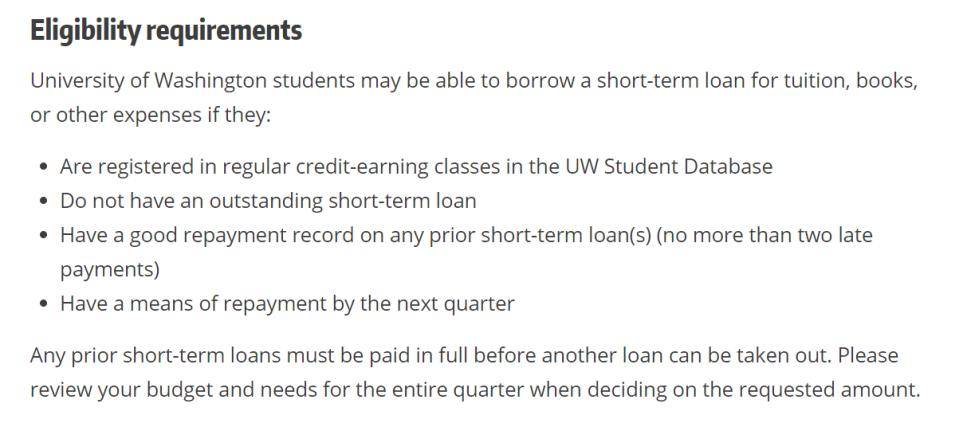## When Do You Need to Start Paying Student Loans?
### Understanding the Timeline for Student Loan RepaymentNavigating the world of student loans can be daunting, especially when it comes to understanding wh……
### Understanding the Timeline for Student Loan Repayment
Navigating the world of student loans can be daunting, especially when it comes to understanding when you need to start paying student loans. Many borrowers find themselves overwhelmed with questions about repayment schedules, interest rates, and the potential consequences of delaying payments. In this guide, we’ll break down everything you need to know about when to start repaying your student loans, ensuring you are well-informed and prepared for this important financial obligation.
### The Grace Period: What You Need to Know
One of the first things to understand is the concept of a grace period. This is the time frame after you graduate, leave school, or drop below half-time enrollment during which you are not required to make payments on your student loans. Typically, federal student loans come with a six-month grace period. During this time, you won’t have to make any payments, and no interest will accrue on subsidized loans. However, interest will accrue on unsubsidized loans during this period, which can increase your overall debt.
### When Do You Need to Start Paying Student Loans?
So, when do you need to start paying student loans? The answer largely depends on the type of loan you have. For most federal loans, you will begin repayment six months after you graduate or drop below half-time enrollment. If you have private loans, the terms can differ significantly, so it’s crucial to check your loan agreement. Some private lenders may not offer a grace period at all, meaning you might need to start making payments immediately after graduation.

### Factors Influencing Your Repayment Start Date
Your repayment start date can also be influenced by a variety of factors:
1. **Loan Type**: As mentioned, federal loans generally offer a grace period, while private loans may not. Always check the specific terms of your loans.
2. **Enrollment Status**: If you drop below half-time enrollment, this can trigger your grace period, so it’s essential to understand how your school’s policies affect your loans.
3. **Deferment and Forbearance Options**: If you face financial hardship, you may qualify for deferment or forbearance, which can temporarily suspend your payments. However, this can also lead to interest accrual, especially on unsubsidized loans.

### Planning for Repayment
Understanding when you need to start paying student loans is just the beginning. It’s crucial to plan for repayment effectively. Here are some tips:
- **Create a Budget**: Once you know your repayment start date, create a budget that accounts for your monthly loan payments. This will help you manage your finances better and avoid missing payments.
- **Explore Repayment Plans**: Federal student loans offer various repayment plans, including income-driven repayment plans that adjust your monthly payments based on your income. Research these options to find the best fit for your financial situation.
- **Stay Informed**: Keep an eye on your loan servicer’s communications. They will provide essential information about your repayment schedule, payment options, and any changes to your loans.

### Conclusion
In conclusion, understanding when you need to start paying student loans is crucial for managing your financial future. The grace period provides a buffer after graduation, but it’s essential to know the specifics of your loans and plan accordingly. By budgeting wisely, exploring repayment options, and staying informed, you can navigate your student loan repayment journey with confidence. Remember, the sooner you start planning for repayment, the easier it will be to manage your financial obligations and avoid the stress that comes with student loan debt.